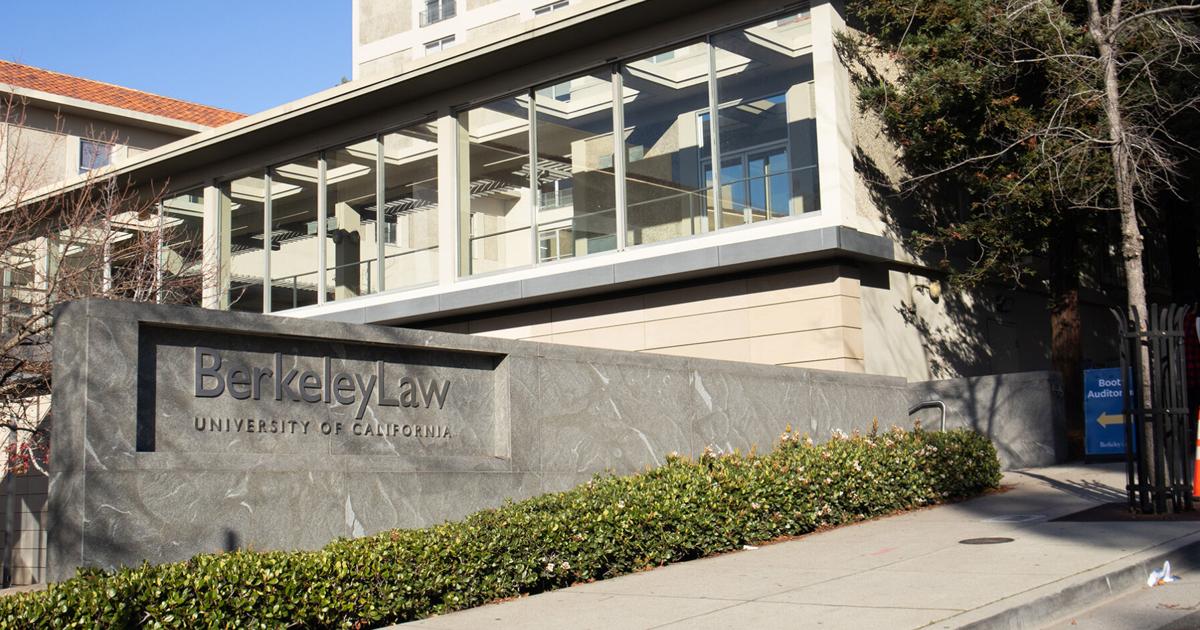
A new class action lawsuit accuses Nissan of hiding a defect in the door lock actuators of three of its vehicles models, which can allegedly trap occupants inside.
The plaintiff, Deena Khalifa, claims that Nissan failed to disclosure issues affecting the 2013-2025 Altima, 2014-2025 Rogue, and 2013-2025 Sentra models.
According to the lawsuit, the defect may cause doors to fly open during driving, lock or unlock spontaneously, or prevent passengers from opening the doors altogether. Some consumers have reportedly been forced to escape through their vehicle windows due to the malfunction.
Consumers sue Nissan for concealing door lock defect
The class action lawsuit alleges that Nissan failed to inform customers about a defect in the door locks of several vehicle models. The plaintiff, Deena Khalifa, asserts that Nissan had known about the defect for over ten years but did not take proper corrective actions.
These include neglecting to adequately notify customers about the issue, offering repairs free of charge, or reimbursing those who paid for out-of-pocket repairs. Despite receiving numerous complaints, Nissan did allegedly not address the defect appropriately.
Khalifa accuses Nissan of unjust enrichment and violations of California’s Consumers Legal Remedies Act and Unfair Competition Law. She is seeking a jury trial and requesting declaratory and injunctive relief, as well as compensation for herself and other affected customers. This includes claims for actual, general, special, incidental, statutory, punitive, and consequential damages.
The plaintiff is represented by Ryan J. Clarkson, Yana Hart, and Mark I. Richards of Clarkson Law Firm P.C.
Nissan recalled 37,000 SUVs over rearview camera defect
In a separate matter, Nissan announced a recall last year affecting more than 37,000 vehiclesspecifically targeting certain models of the Rogue SUV and the Infinity QX80. The recall was prompted by a defect in the rearview camera systemwhich could cause the display image to suddenly go blank while the vehicle was reversing. This malfunction posed a significant safety risk, as drivers rely heavily on the rearview camera for visibility when backing up, and the sudden loss of the image increased the likelihood of collisions.
Nissan advised affected vehicle owners to bring their SUVs to authorized dealerships for inspection and repair, emphasizing the company’s commitment to maintaining safety standards and preventing potential accidents.
How class actions take on carmakers
Class action lawsuits against carmakers are relatively common and often arise when a defect, misleading advertising, or corporate negligence affects a large group of consumers. Rather than filing thousands of individual lawsuits, affected owners can join together to bring a single, consolidated case against the manufacturer.
A lead plaintiff represents the broader group (the “class”). If the lawsuit is certified as a class action by a court, it proceeds on behalf of all affected owners unless they opt out. These lawsuits often end in settlements where carmakers agree to compensate vehicle owners, extend warranties, buy back defective cars, or pay civil penalties.
Carmakers are increasingly targeted not just for mechanical issues, but also for software problems, cybersecurity vulnerabilities, and autonomous driving system failures. Environmental issues, such as misleading emissions data, are a growing area for class actions.
Impact of class actions on consumers
Class action lawsuits can have a significant impact on consumers, both financially and in terms of safety. When a class action is successful, affected vehicle owners may receive compensationfree repairs, extended warranties, or even buybacks for defective vehicles – helping to offset the costs and inconvenience they have suffered.
Beyond individual solutions, class actions also play a crucial role in promoting broader accountability within the automotive industry. They pressure manufacturers to acknowledge problems, improve quality control, and communicate more transparently with the public.



